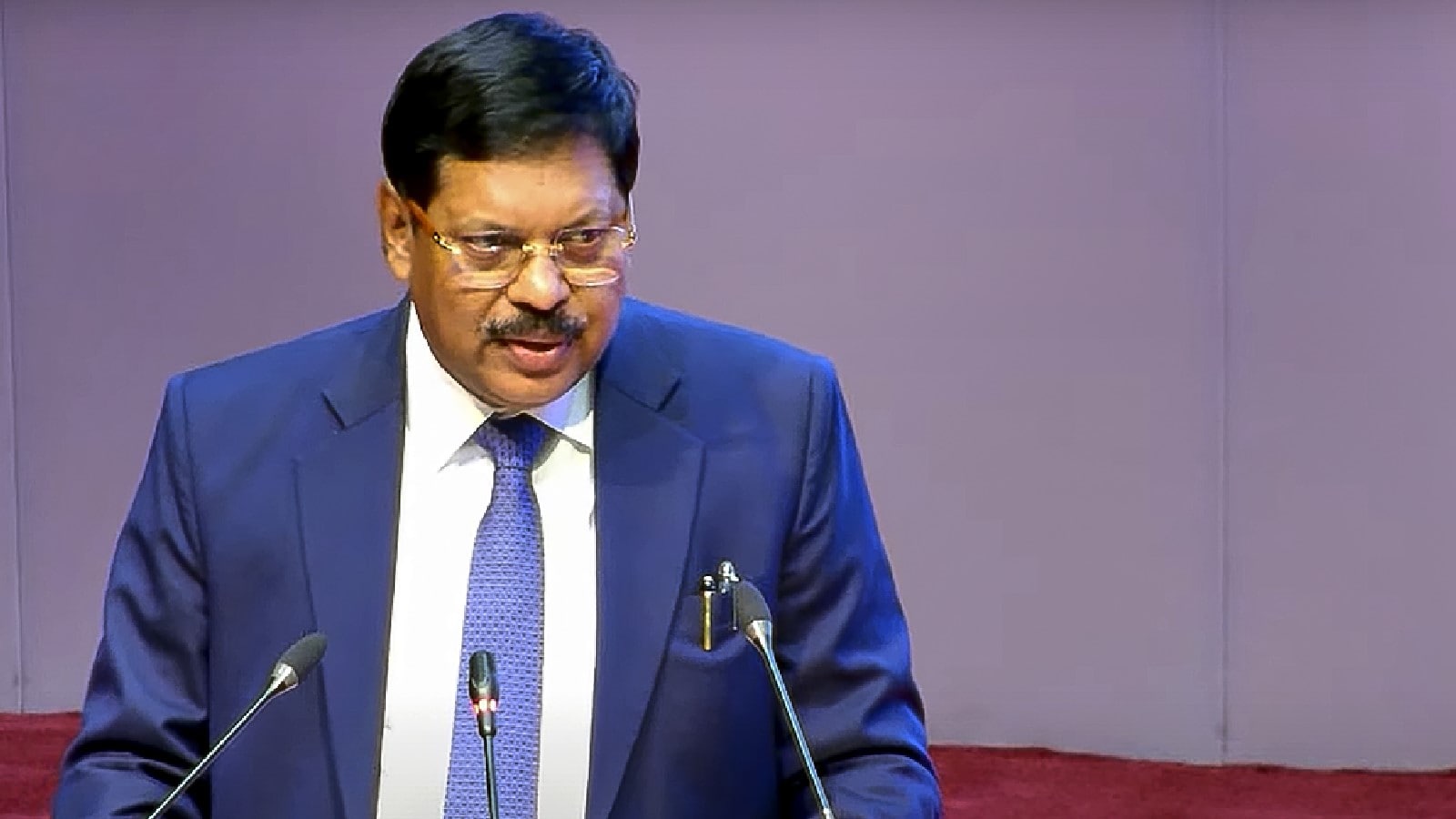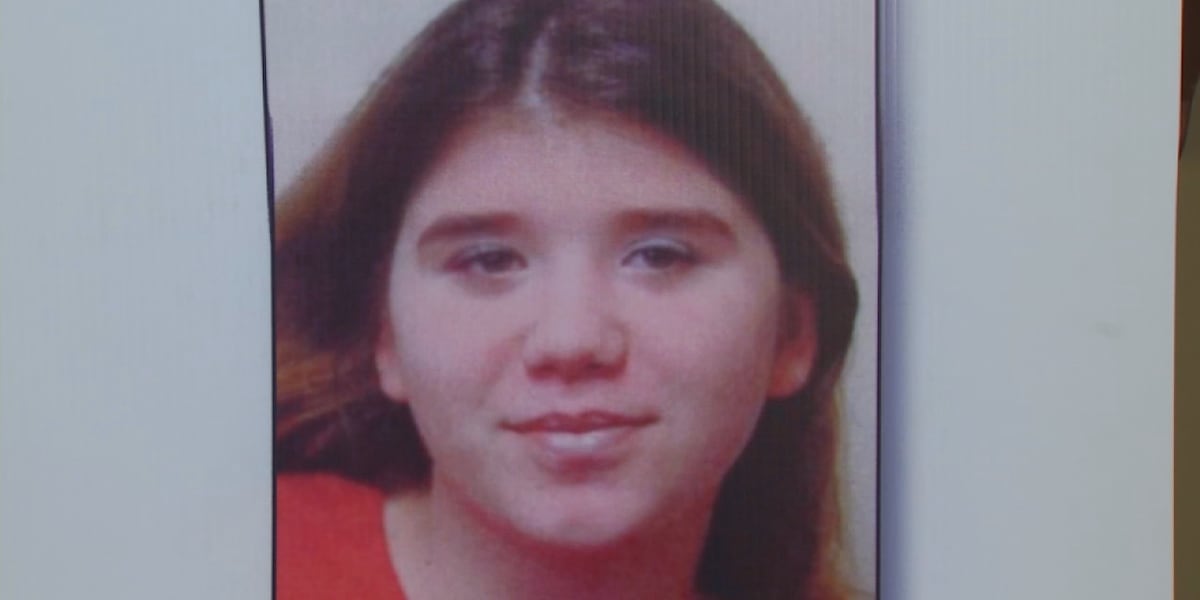Beyond Face ID: Exploring Safer Alternatives to Facial Recognition in the Philippines

The Growing Concerns Around Facial Recognition Technology
Facial recognition technology has rapidly integrated into our lives, from unlocking smartphones to enhancing security measures. However, its increasing reliance raises serious concerns, particularly in the Philippines where national security is paramount. The vulnerability of this technology to sophisticated AI manipulation, including deepfakes, presents a significant risk – one that demands a serious reevaluation of its widespread use.
Why Facial Recognition is a National Security Risk
The core issue lies in the technology's susceptibility to deception. Deepfakes, convincingly realistic but entirely fabricated videos and images, can easily fool facial recognition systems. Imagine the potential for misuse: impersonating government officials, disrupting elections, or even inciting unrest. Furthermore, AI advancements are constantly finding new ways to circumvent security protocols, making facial recognition a moving target for malicious actors. This isn't a hypothetical threat; it's a rapidly evolving reality.
The Philippine Context: Unique Challenges
The Philippines faces unique challenges when it comes to data security and digital literacy. The archipelago's diverse population and varying levels of technological understanding make it particularly vulnerable to the exploitation of facial recognition vulnerabilities. Data breaches and misuse of personal information are already a concern, and the widespread adoption of flawed facial recognition technology would only exacerbate these issues. Consider the impact on privacy for ordinary citizens - the potential for constant surveillance and the erosion of civil liberties.
Exploring Viable Alternatives
The good news is that viable alternatives to facial recognition exist. Moving away from this inherently vulnerable technology doesn't necessarily mean sacrificing security. Here are some promising options:
- Biometric Alternatives: Fingerprint scanning, iris scanning, and voice recognition offer higher levels of security and are less susceptible to deepfake manipulation. While not foolproof, these methods present a stronger defense against sophisticated attacks.
- Multi-Factor Authentication (MFA): Combining multiple authentication methods, such as passwords, security questions, and one-time codes, creates a more robust security layer. MFA significantly reduces the risk of unauthorized access, even if one factor is compromised.
- Behavioral Biometrics: This innovative approach analyzes a user's unique behavior patterns, such as typing speed, mouse movements, and gait, to verify identity. It’s much harder to replicate human behavior than a facial image.
- Enhanced Security Protocols: Investing in robust cybersecurity infrastructure and training personnel to identify and respond to threats remains crucial, regardless of the biometric technology employed.
The Path Forward for the Philippines
The United States' exploration of alternatives to facial recognition offers a valuable lesson for the Philippines. A proactive approach – one that prioritizes national security and citizen privacy – is essential. This requires:
- Government Regulation: Establishing clear guidelines and regulations governing the use of biometric technology is critical.
- Public Awareness Campaigns: Educating the public about the risks associated with facial recognition and the importance of data privacy is vital.
- Investment in Research and Development: Supporting research into safer and more reliable biometric technologies is crucial for long-term security.
Ultimately, safeguarding the Philippines requires a shift in mindset – moving beyond the allure of easily accessible technology and embracing solutions that prioritize security, privacy, and resilience against evolving threats. The time to act is now, before facial recognition becomes an irreversible and potentially dangerous fixture in our society.






